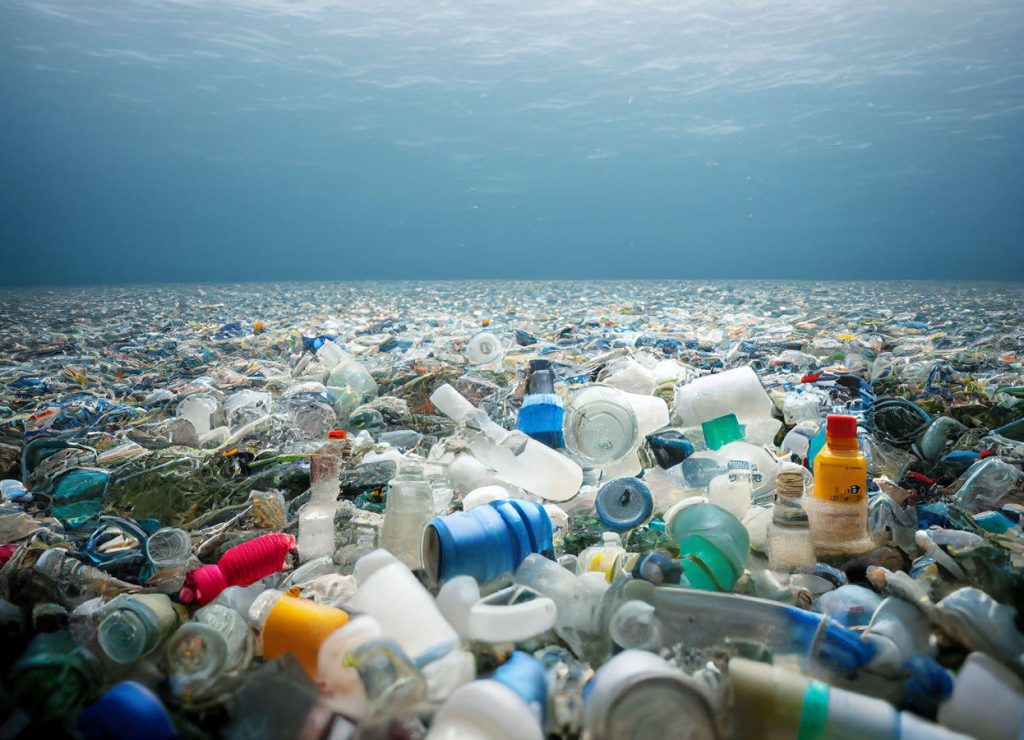Masses of plastic containers floating in the ocean are among the most sickening tales of environmental depredations. This isn’t just an aesthetic concern; all that discarded plastic too often ends up inside ocean animals. According to UNESCO, one million of them die each year from plastic pollution, including dolphins and whales. What’s more, untold tons of plastic waste are discarded in U.S. landfills, emitting greenhouses gases as they degrade.
So, the race is on to create an environmentally friendly alternative, using plant-based materials to produce containers and packaging materials. A Dutch company named Avantium is well on its way to churning out renewable plastic, with it first factory, based in the Netherlands, set to open later this year.
The company uses agricultural crops such as wheat, corn, sugar beet and sugar cane to create this plastic substitute, which it says will be used in packaging, textiles and film. The product is biodegradable, can easily be recycled and, as it is produced, emits 80% less carbons dioxide than petroleum-based plastics. As the base of various types of containers, says its CEO Tom van Aken, it is lighter and thinner than legacy plastics. Plus, it is longer-lasting. “A Coke bottle lasts six months,” he says. “Ours last six years.” The longer shelf life leads to a reduction of food waste.
Competitors include Swedish-Finnish renewables firm Stora Enso (packaging but also wood and chemicals), U.S. agricultural giant Archer-Daniels-Midland and U.S. chemical multinational Dupont, a major traditional plastics producer. None of these is a pure-play renewable plastics producer, though. Avantium is, and this makes it an interesting flier for investors looking for what may be an up-and-coming hit.
Biotech in general has had its ups and downs in recent years, surging in the pandemic and then dropping amid higher interest rates lately. The iShares Biotech exchange-traded fund is up just 0.7% this year through last Friday, while the broad-market S&P 500 index has advanced 11.2%. Avantium (market cap: $219 million) is no exception, down 8% in 2024. The Netherlands exchange, where it is traded, has soared 16.1%. Americans can buy the stock via large brokers such as Charles Schwab.
As befits a young biotech company, Avantium continues to run in the red, per its annual report. Although its revenue jumped 11% in 2023, to 19.7 million euros ($21.4 million), losses deepened by 14.9%, to 34.1 million euros ($37.1 million) Future customers include beverage maker AmBev, Carlsberg and LVMH. Helping bridge the shortfall: a capital raise in February, of $76.1 million.
Avantium began in 2000 after Royal Dutch Shell spun it off. It started out as a research and development firm for pharma and chemicals, then later shifted to renewable plastics and went public in 2017. Its product is still in the pilot stage, but the new production facility will allow Avantium to begin churning the polymer out for corporate customers.
To Avantium, the trend is its friend. “Plastics,” insists CEO Van Aken, “are going to move away from petroleum.”
Read the full article here

